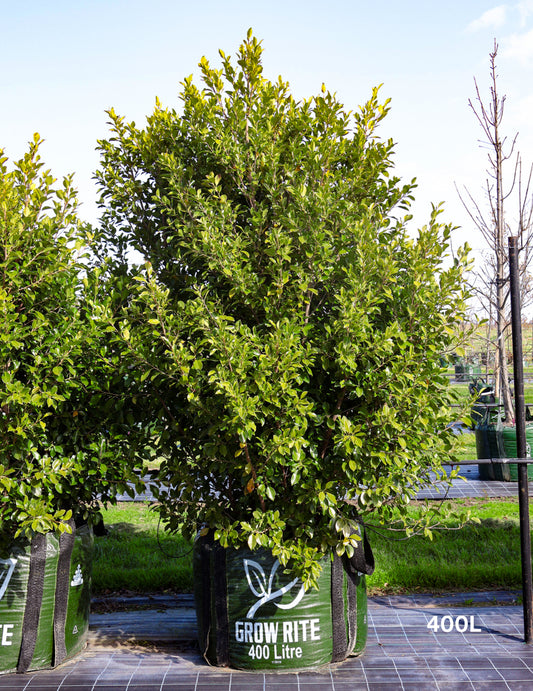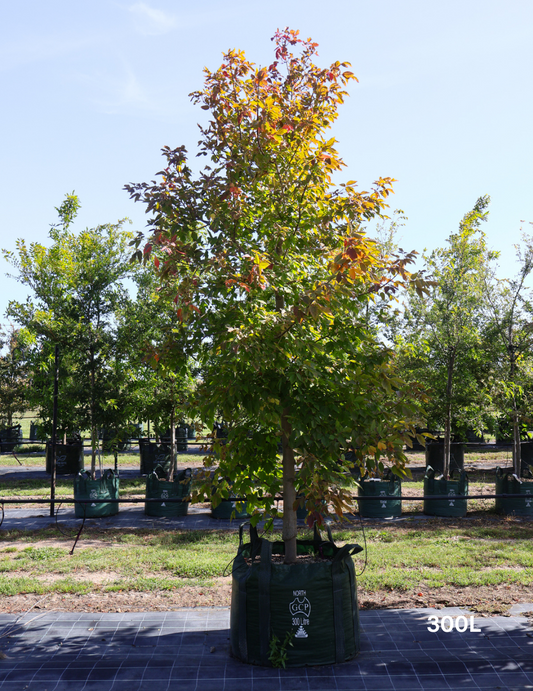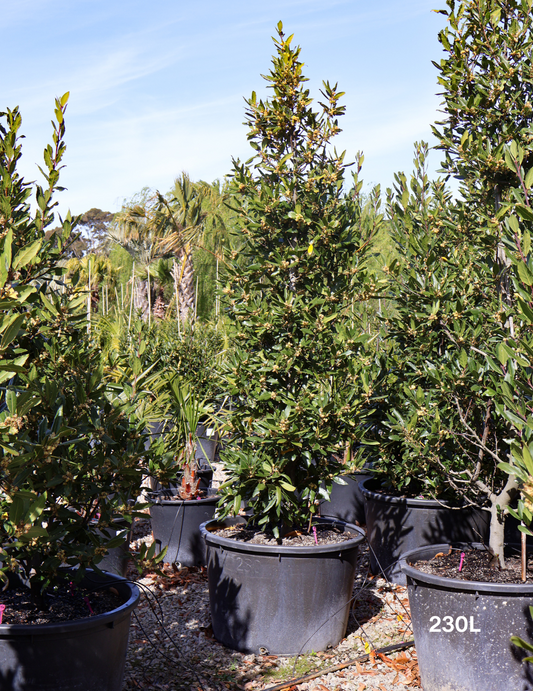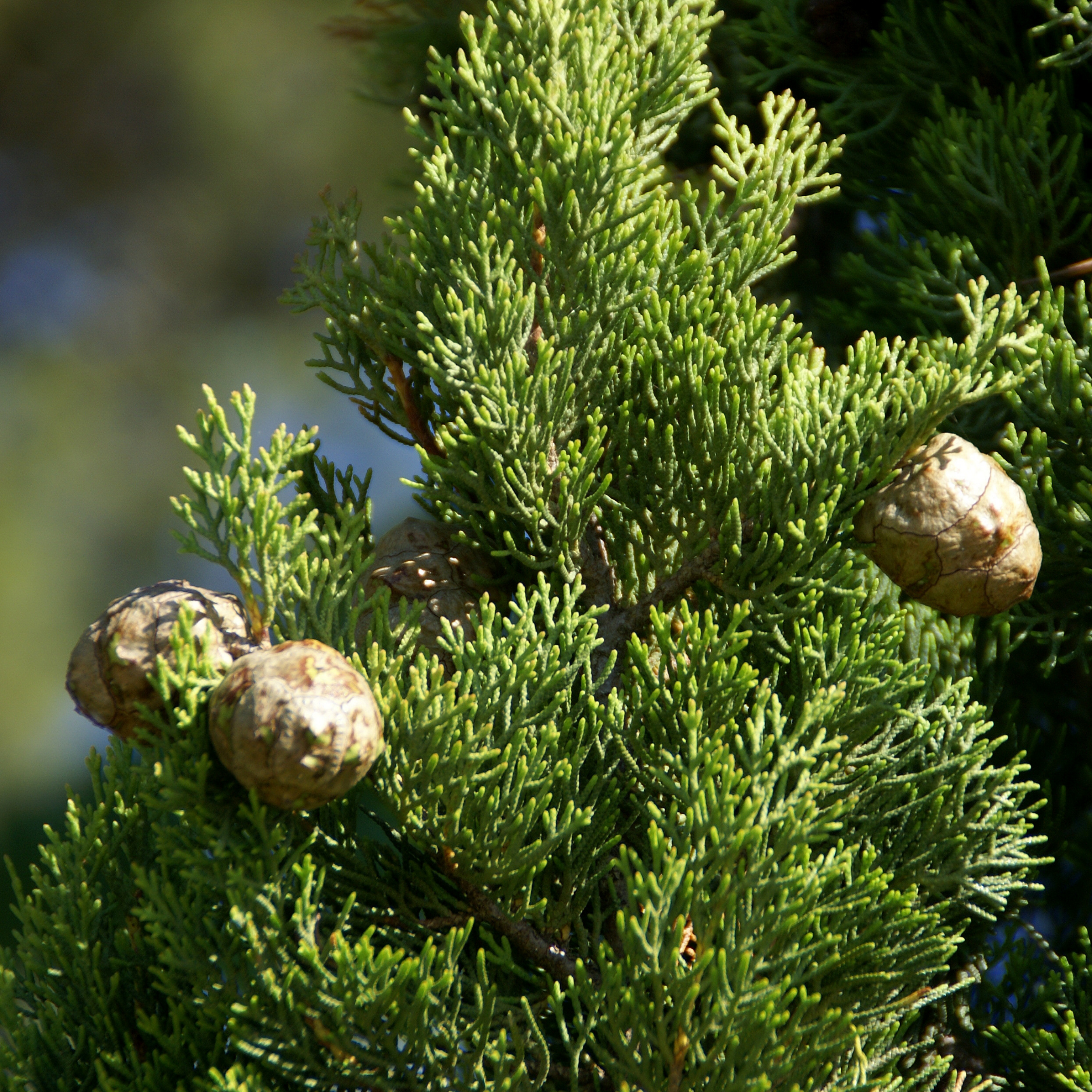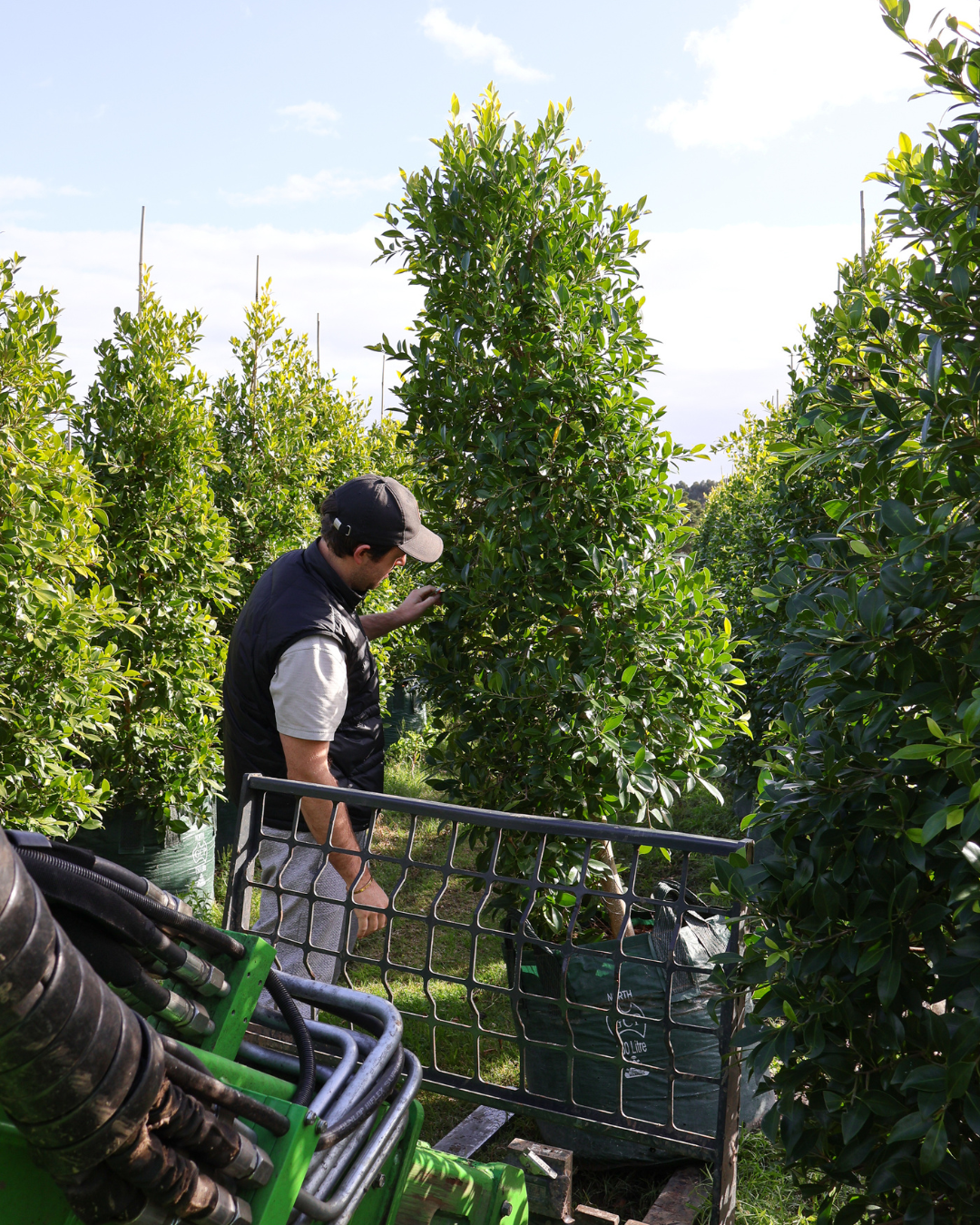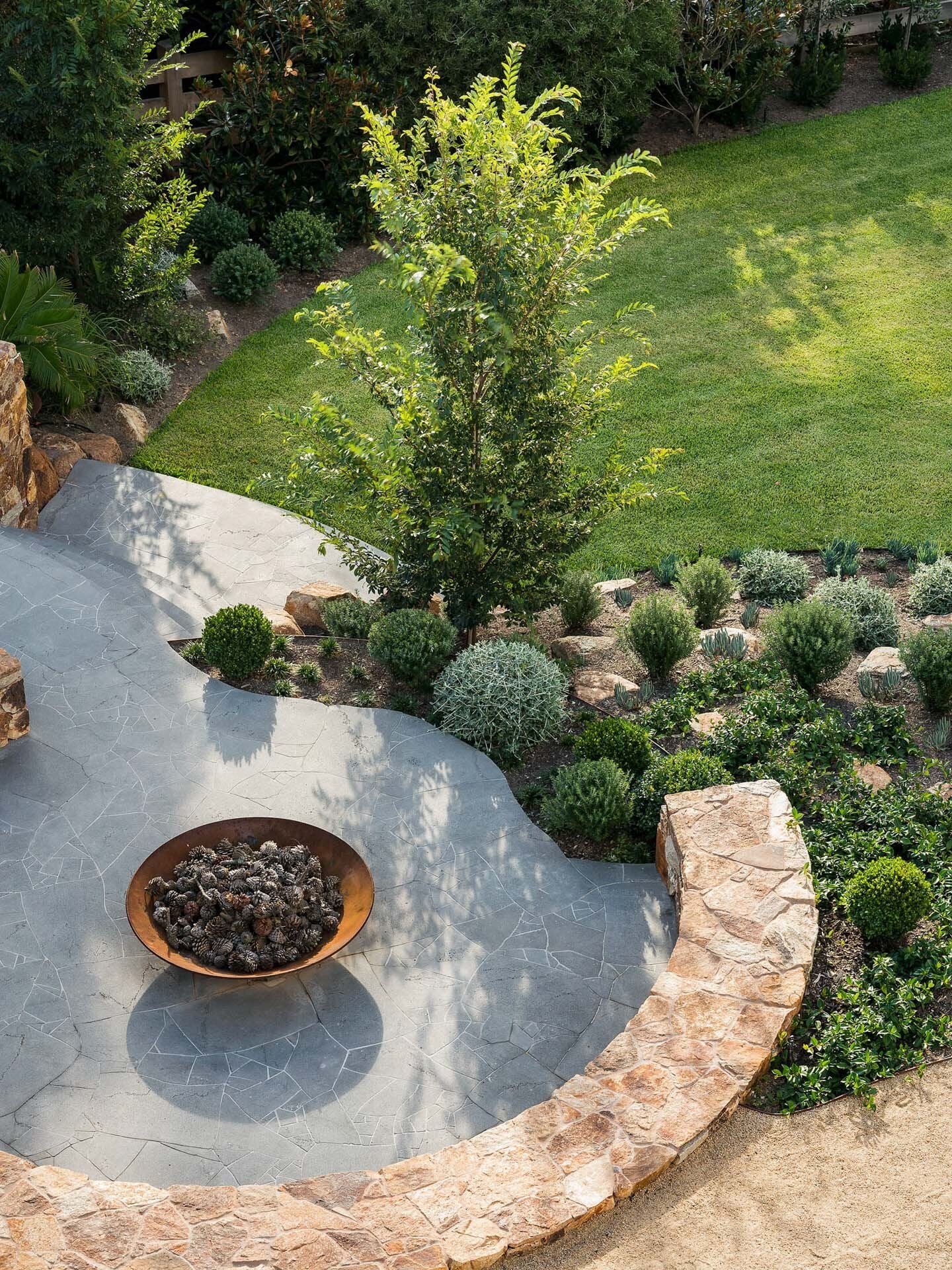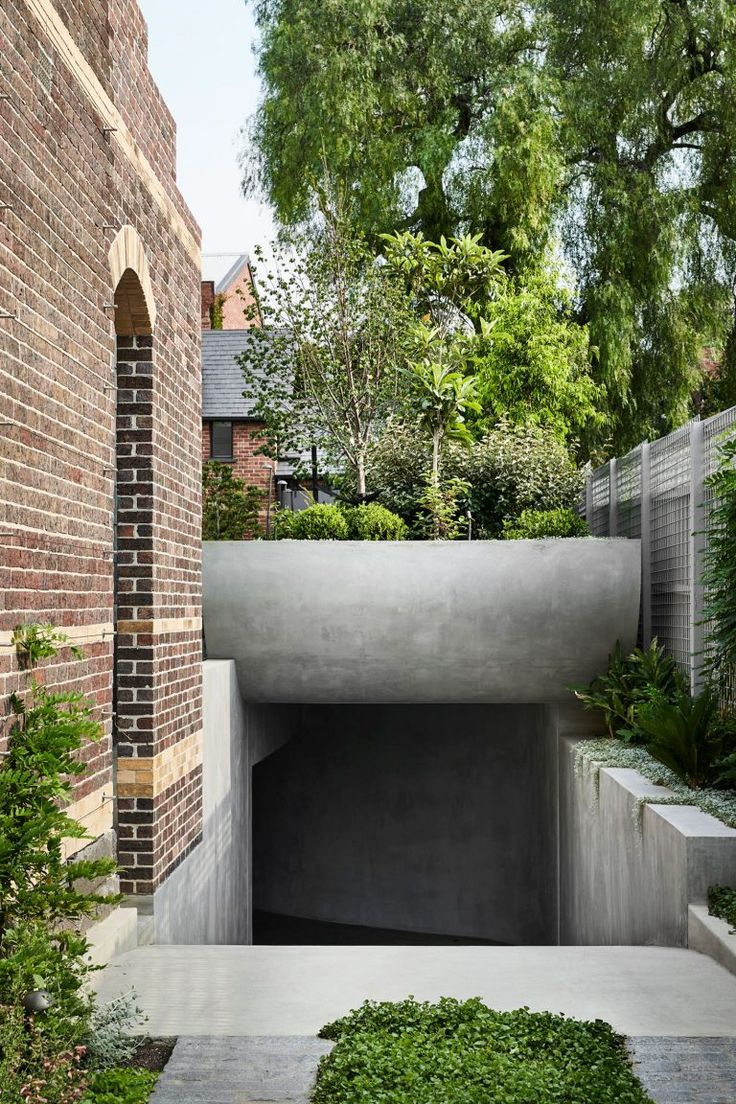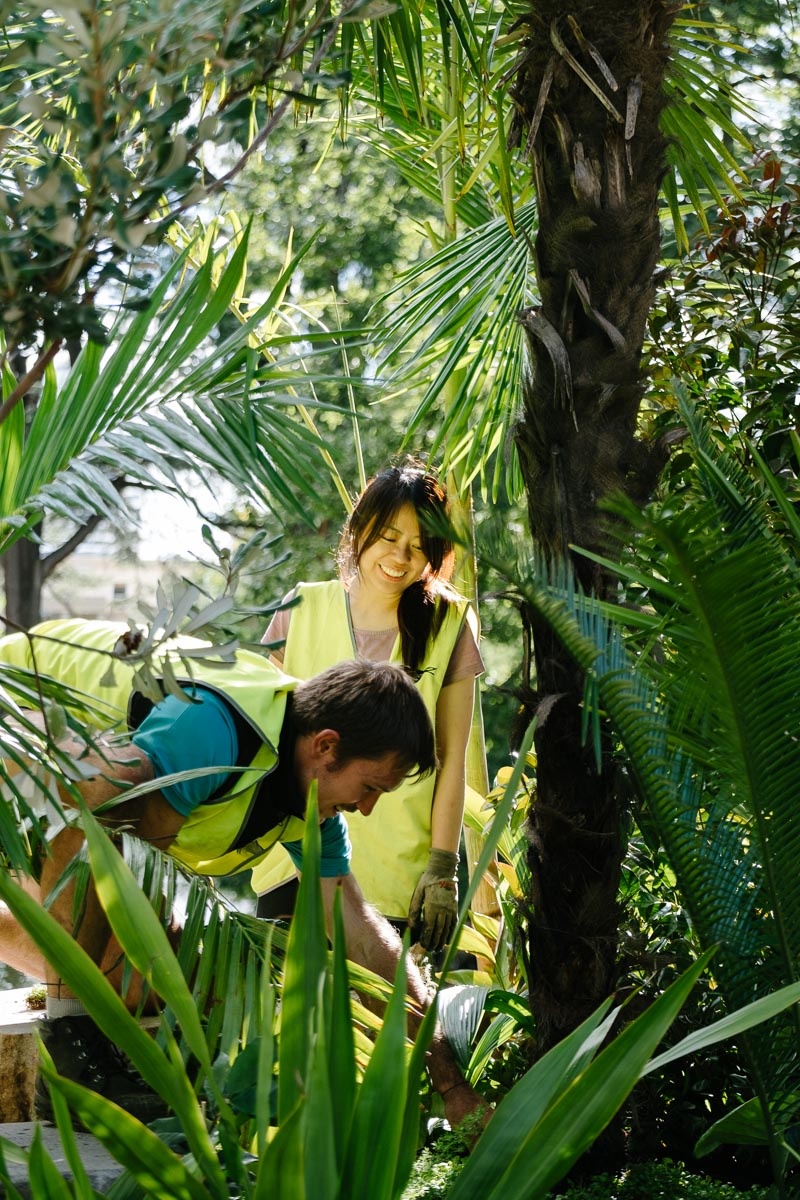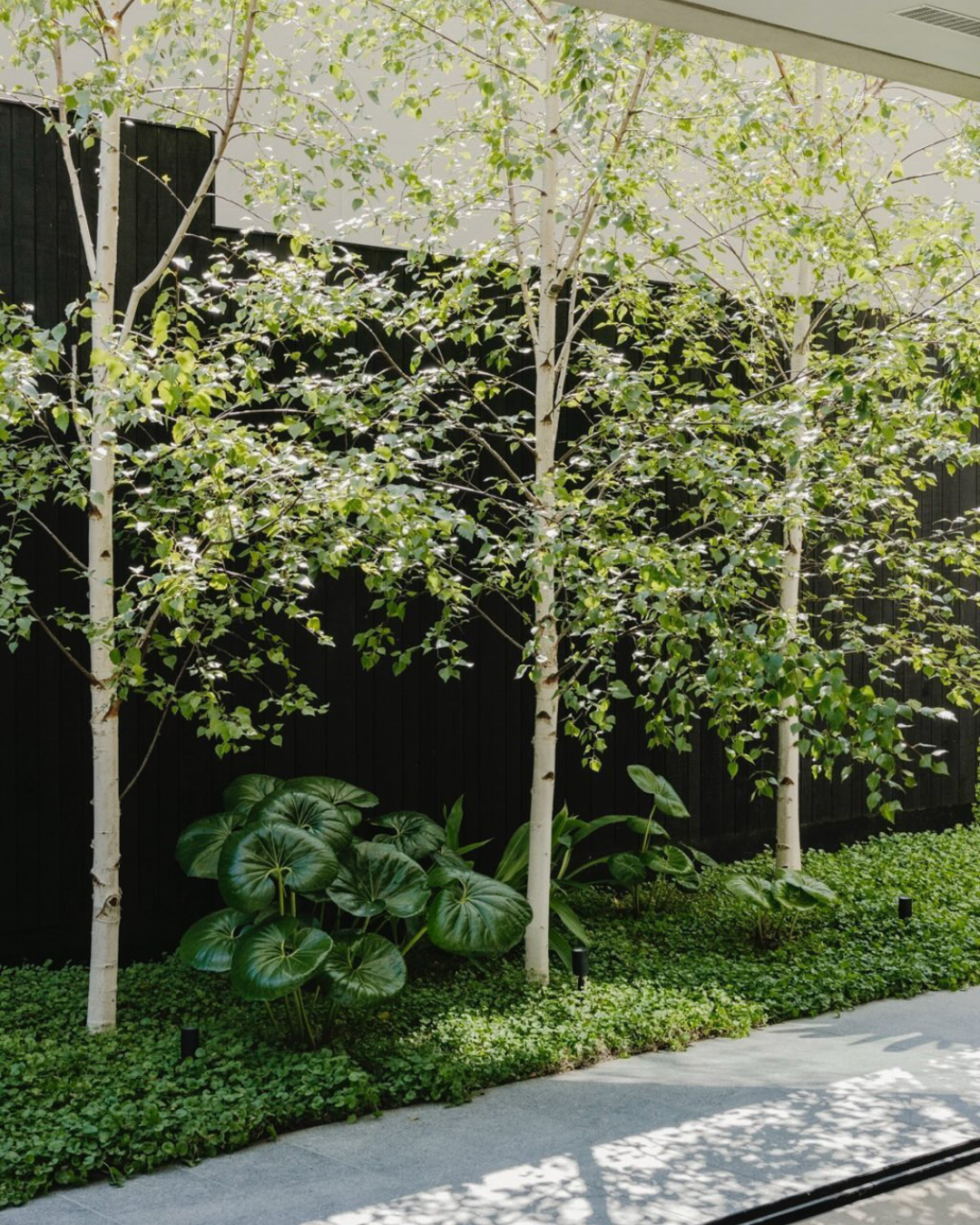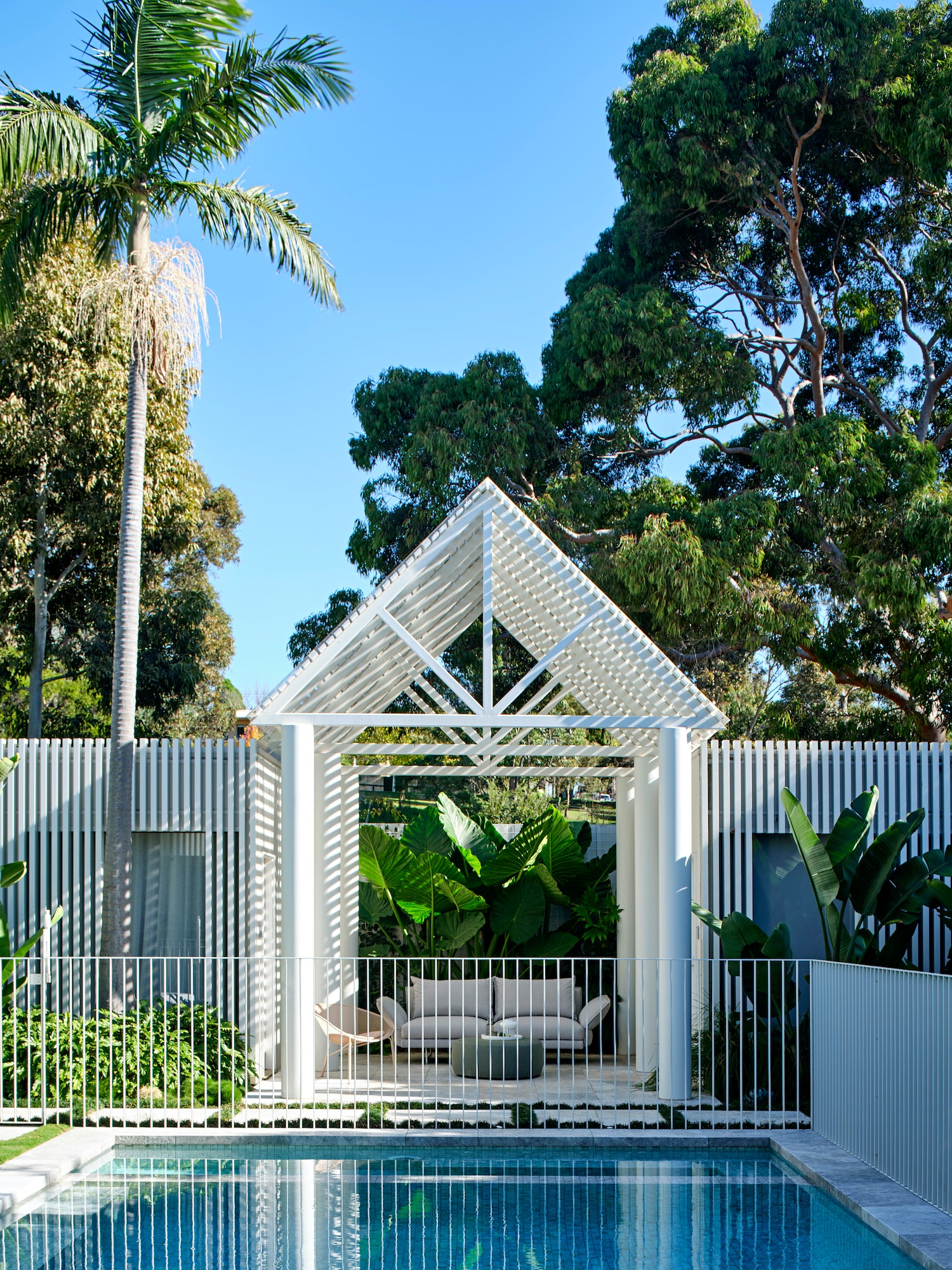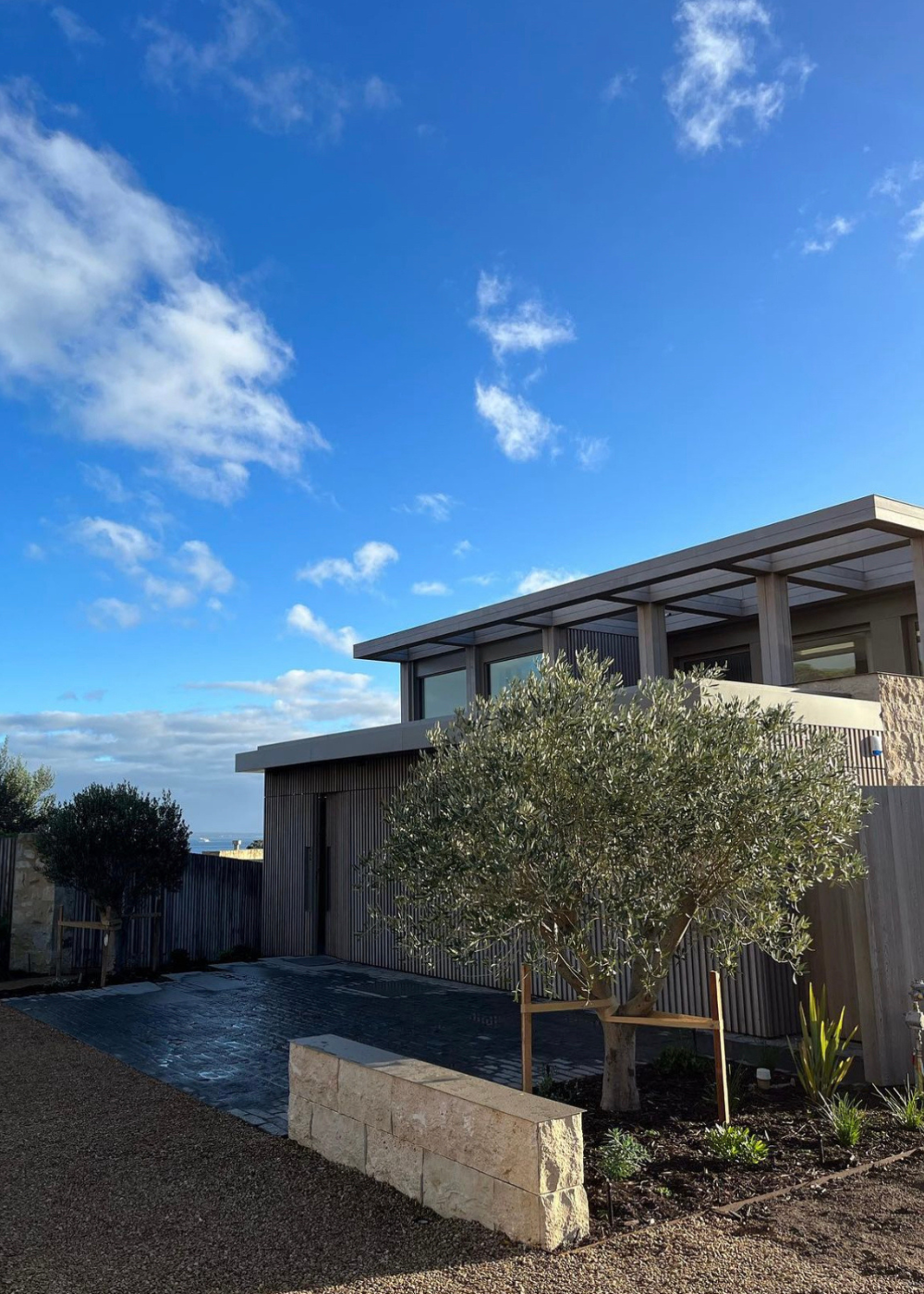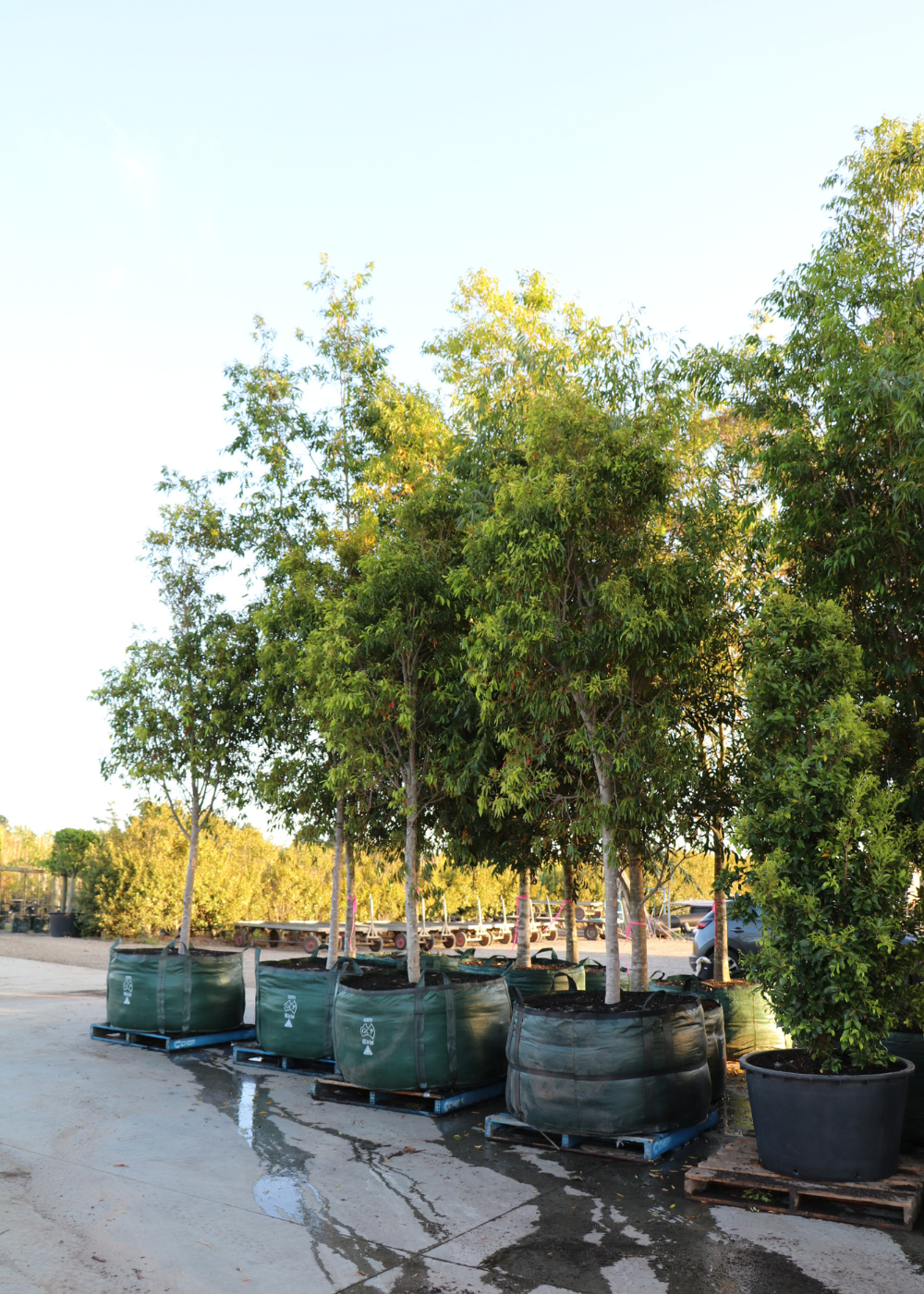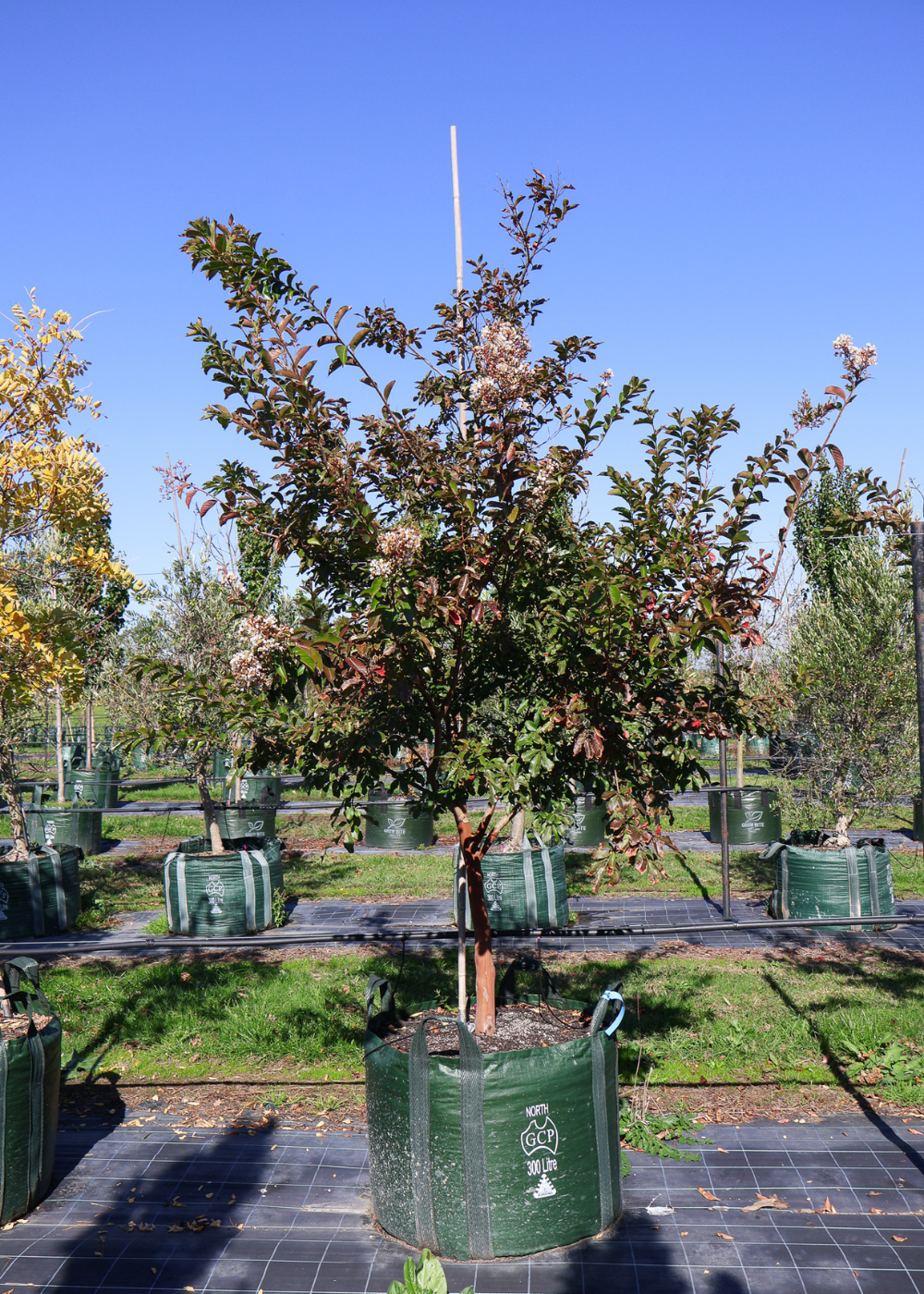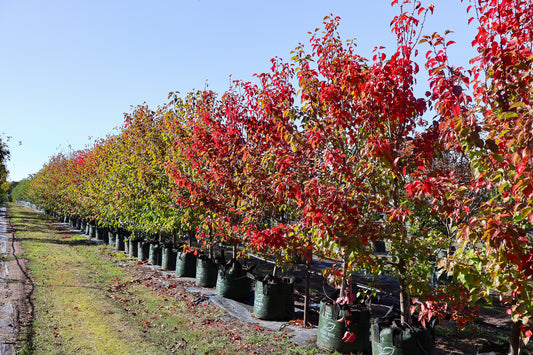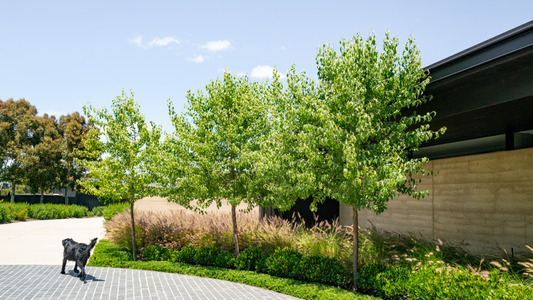Evergreen Trees Direct is Industry Recognised Award Winning Online Advanced & Established Tree Nursery.
Description
More
Less
Juglans nigra, commonly known as 'Black Walnut,' is a valuable and stately deciduous tree prized for its fine timber and attractive appearance. This tree is native to North America and is well-known for its dark, rich wood, making it a popular choice among woodworkers. Beyond its commercial value, the 'Black Walnut' tree offers ornamental beauty with its pinnately compound leaves and rounded canopy. It's an excellent addition to landscapes where both aesthetics and utility are desired.
Common Name: Black Walnut
Mature Height (meters): 15-30 meters
Mature Width (meters): 15-30 meters
Spacing: Provide ample space for the mature canopy to develop.
Foliage: Pinnately compound leaves with pointed leaflets, green in spring and summer, turning yellow in autumn.
Flowering Period: Inconspicuous flowers in spring, followed by the development of nuts in green husks.
Form/Habit: Black Walnut trees exhibit a rounded canopy with a straight trunk.
Uses: While prized for its timber, the Black Walnut tree is also suitable for landscaping, providing shade and natural beauty.
Evergreen/Deciduous: Deciduous
Tolerates: Black Walnut trees prefer well-drained soil and full sun. They are known to inhibit the growth of certain plants (allelopathy) due to the release of juglone from their roots.
Drought Hardy: Yes, once established
Sun: Full sun
Maintenance: Low
Water Requirement: Regular watering during establishment; mature trees are moderately drought-tolerant.
Planting your Juglans nigra 'Black Walnut'
More
Less
Caring For Your Juglans nigra 'Black Walnut'
More
Less
Frequently Asked Questions about Juglans nigra 'Black Walnut'
More
Less
Description
Juglans nigra, commonly known as 'Black Walnut,' is a valuable and stately deciduous tree prized for its fine timber and attractive appearance. This tree is native to North America and is well-known for its dark, rich wood, making it a popular choice among woodworkers. Beyond its commercial value, the 'Black Walnut' tree offers ornamental beauty with its pinnately compound leaves and rounded canopy. It's an excellent addition to landscapes where both aesthetics and utility are desired.
Common Name: Black Walnut
Mature Height (meters): 15-30 meters
Mature Width (meters): 15-30 meters
Spacing: Provide ample space for the mature canopy to develop.
Foliage: Pinnately compound leaves with pointed leaflets, green in spring and summer, turning yellow in autumn.
Flowering Period: Inconspicuous flowers in spring, followed by the development of nuts in green husks.
Form/Habit: Black Walnut trees exhibit a rounded canopy with a straight trunk.
Uses: While prized for its timber, the Black Walnut tree is also suitable for landscaping, providing shade and natural beauty.
Evergreen/Deciduous: Deciduous
Tolerates: Black Walnut trees prefer well-drained soil and full sun. They are known to inhibit the growth of certain plants (allelopathy) due to the release of juglone from their roots.
Drought Hardy: Yes, once established
Sun: Full sun
Maintenance: Low
Water Requirement: Regular watering during establishment; mature trees are moderately drought-tolerant.
Planting your Juglans nigra 'Black Walnut'
Caring For Your Juglans nigra 'Black Walnut'
Frequently Asked Questions about Juglans nigra 'Black Walnut'
You May Also Like
Popular Items
-
Jacaranda mimosifolia
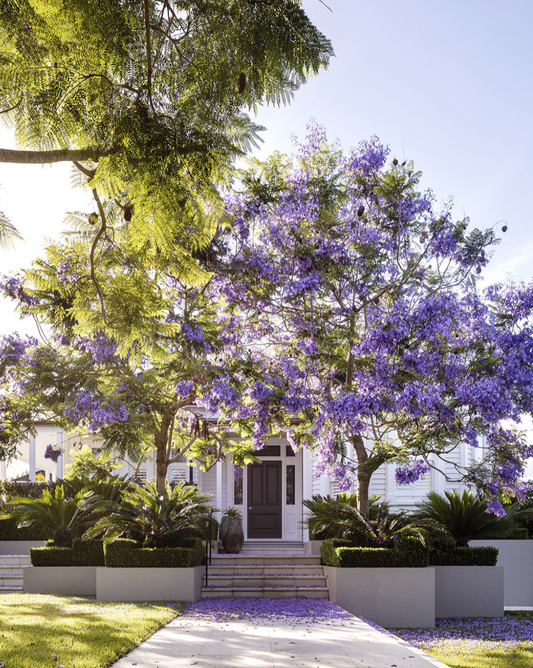 Vendor:Evergreen Trees Direct
Vendor:Evergreen Trees DirectJacaranda mimosifolia
- Regular price
- From $200.00
- Sale price
- From $200.00
- Regular price
-
Betula pendula 'Moss White'
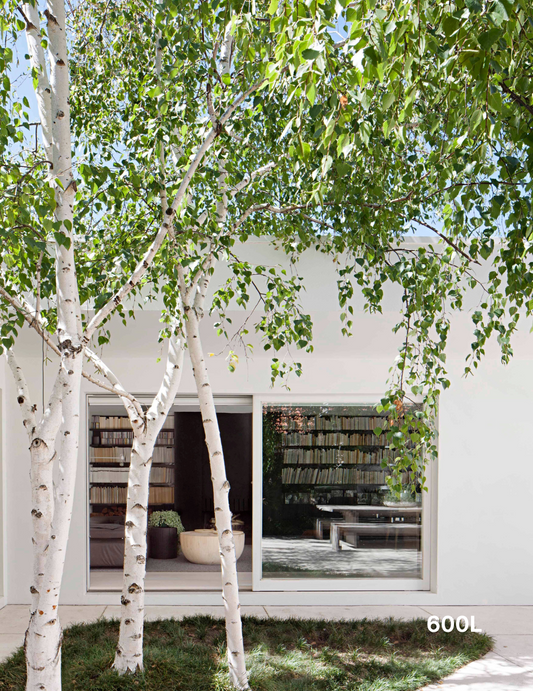 Vendor:Evergreen Trees Direct
Vendor:Evergreen Trees DirectBetula pendula 'Moss White'
- Regular price
- From $145.00
- Sale price
- From $145.00
- Regular price
-
Ficus Hillii
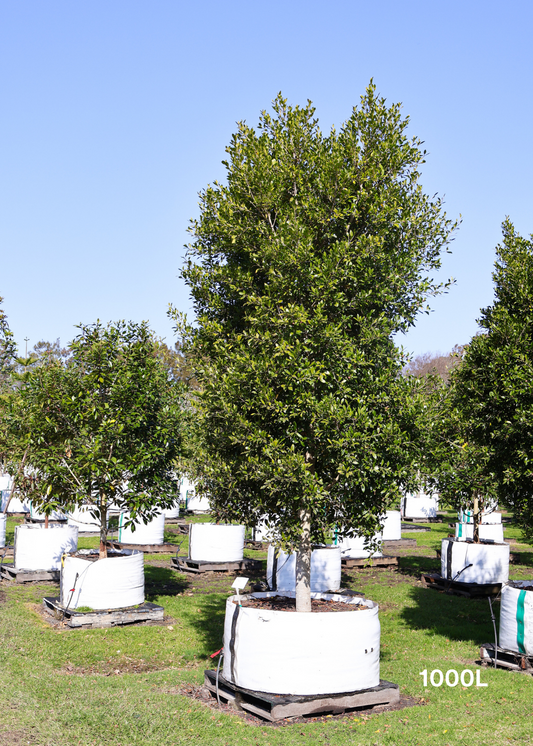 Vendor:Evergreen Trees Direct
Vendor:Evergreen Trees DirectFicus Hillii
- Regular price
- From $100.00
- Sale price
- From $100.00
- Regular price
-
Syzygium paniculatum 'Backyard Bliss' - Lilly Pilly
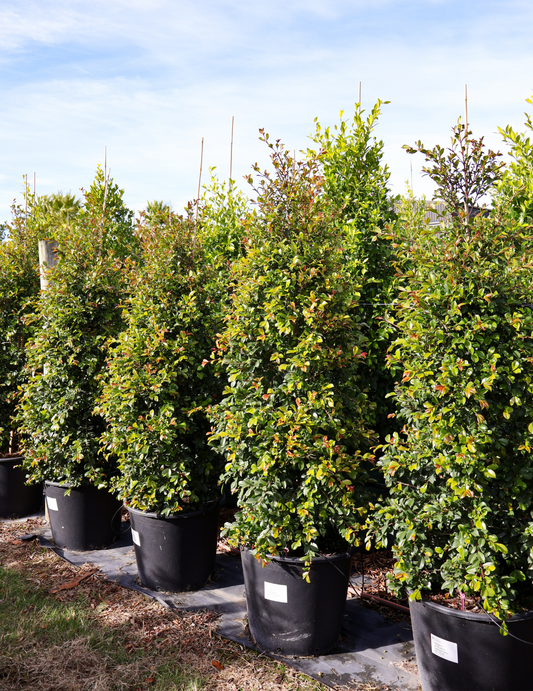 Vendor:Evergreen Trees Direct
Vendor:Evergreen Trees DirectSyzygium paniculatum 'Backyard Bliss' - Lilly Pilly
- Regular price
- From $135.00
- Sale price
- From $135.00
- Regular price
-
Waterhousea floribunda - Weeping Lilly Pilly
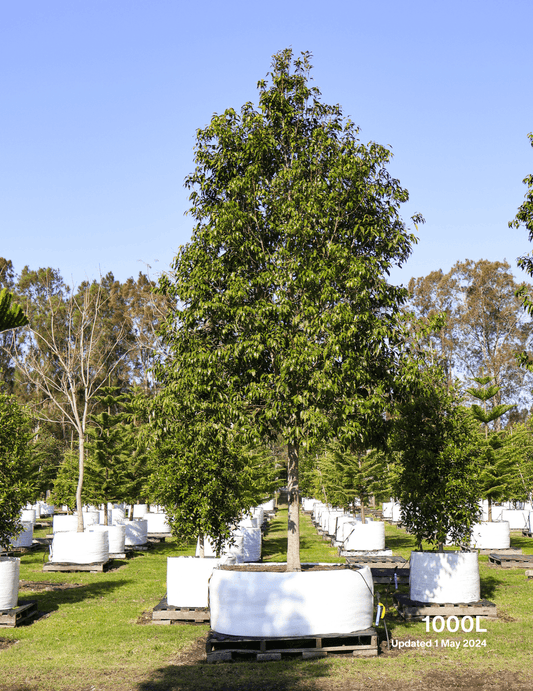 Vendor:Evergreen Trees Direct
Vendor:Evergreen Trees DirectWaterhousea floribunda - Weeping Lilly Pilly
- Regular price
- From $115.00
- Sale price
- From $115.00
- Regular price
-
Cupressus leylandii 'Better Green'
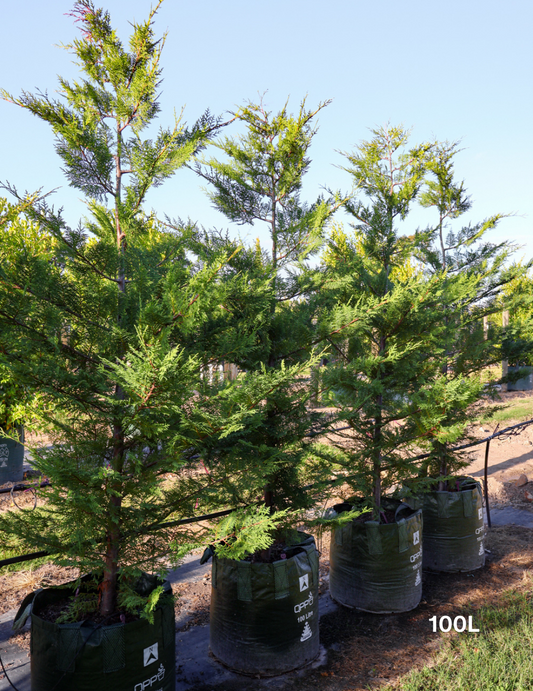 Vendor:Evergreen Trees Direct
Vendor:Evergreen Trees DirectCupressus leylandii 'Better Green'
- Regular price
- From $65.00
- Sale price
- From $65.00
- Regular price
-
Acer palmatum - Japanese Maple
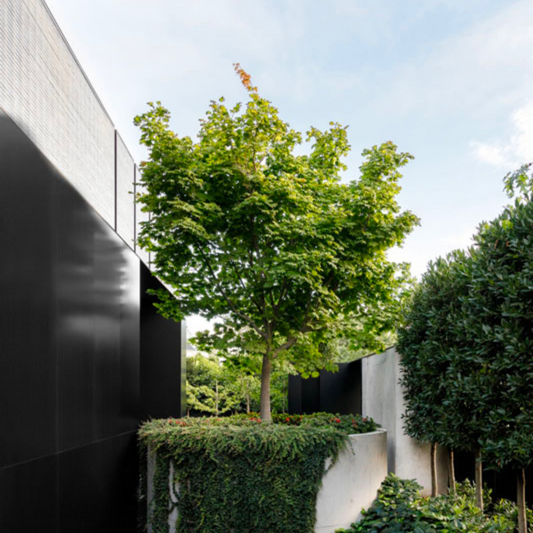 Vendor:Evergreen Trees Direct
Vendor:Evergreen Trees DirectAcer palmatum - Japanese Maple
- Regular price
- From $220.00
- Sale price
- From $220.00
- Regular price
-
Tristaniopsis laurina 'Luscious' (Watergum)
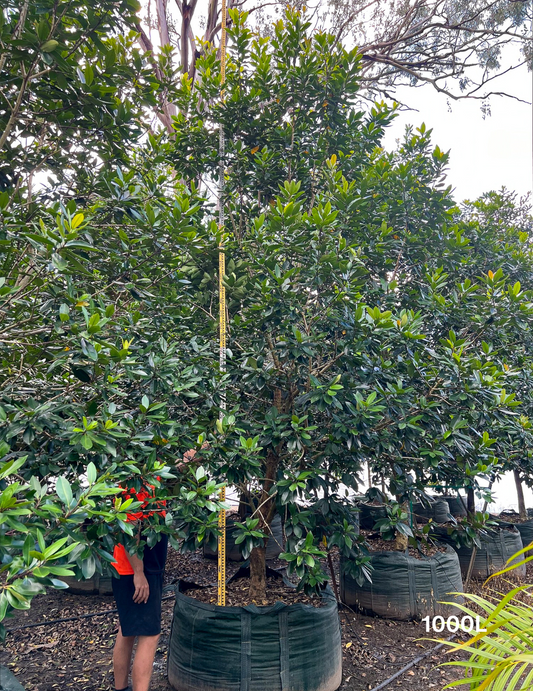 Vendor:Evergreen Trees Direct
Vendor:Evergreen Trees DirectTristaniopsis laurina 'Luscious' (Watergum)
- Regular price
- From $290.00
- Sale price
- From $290.00
- Regular price
-
Backhousia citriodora - Lemon Myrtle
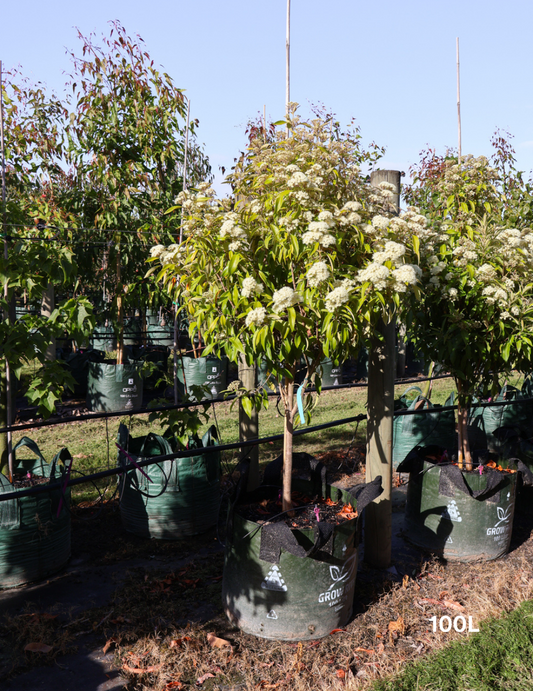 Vendor:Evergreen Trees Direct
Vendor:Evergreen Trees DirectBackhousia citriodora - Lemon Myrtle
- Regular price
- From $220.00
- Sale price
- From $220.00
- Regular price
- $250.00
-
Pittosporum tenuifolium 'Silver Sheen'
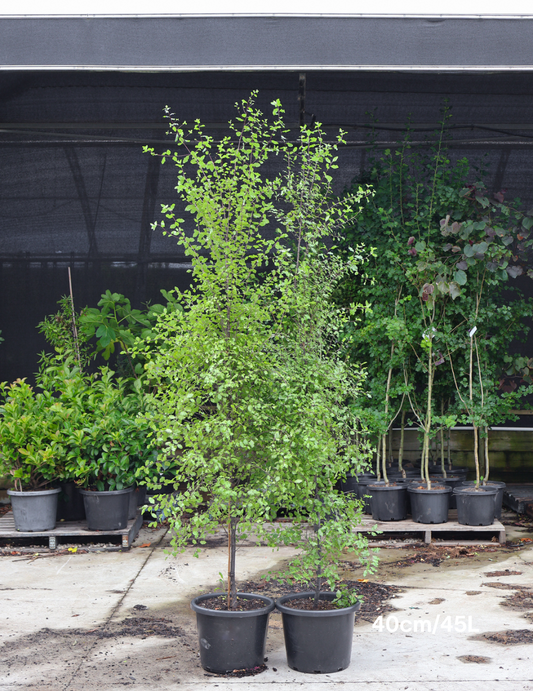 Vendor:Evergreen Trees Direct
Vendor:Evergreen Trees DirectPittosporum tenuifolium 'Silver Sheen'
- Regular price
- $220.00
- Sale price
- $220.00
- Regular price
-
Buxus sempervirens English Box Topiary Balls
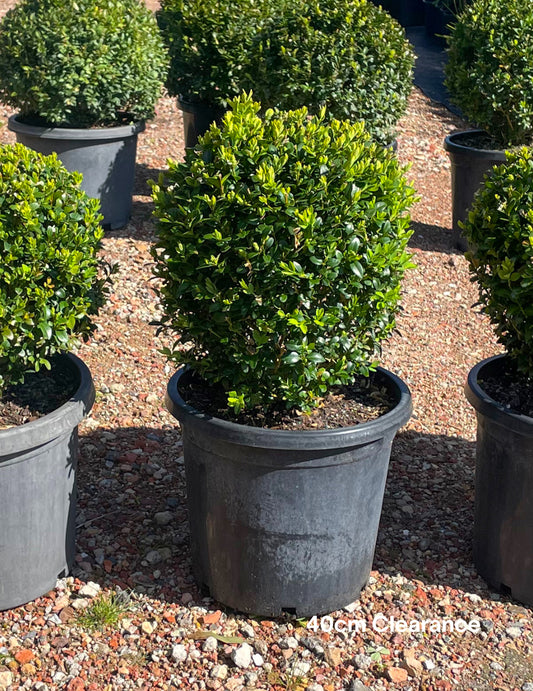 Vendor:Evergreen Trees Direct
Vendor:Evergreen Trees DirectBuxus sempervirens English Box Topiary Balls
- Regular price
- From $150.00
- Sale price
- From $150.00
- Regular price
-
Cercis canadensis 'Forest Pansy'
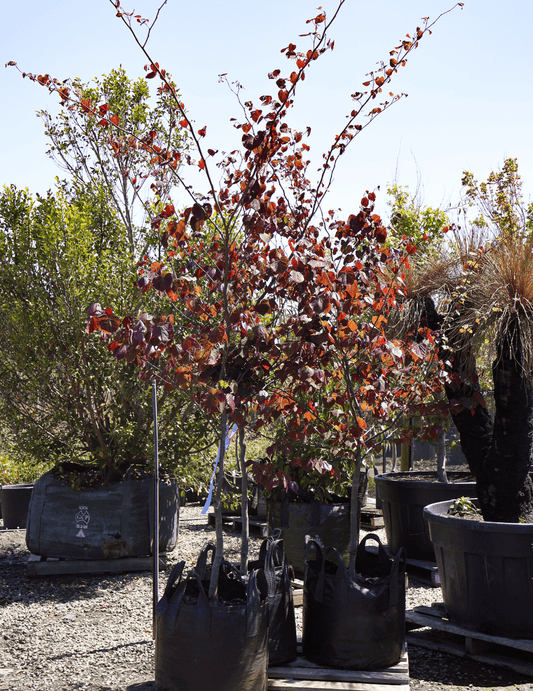 Vendor:Evergreen Trees Direct
Vendor:Evergreen Trees DirectCercis canadensis 'Forest Pansy'
- Regular price
- From $220.00
- Sale price
- From $220.00
- Regular price
Shop By Collection
-
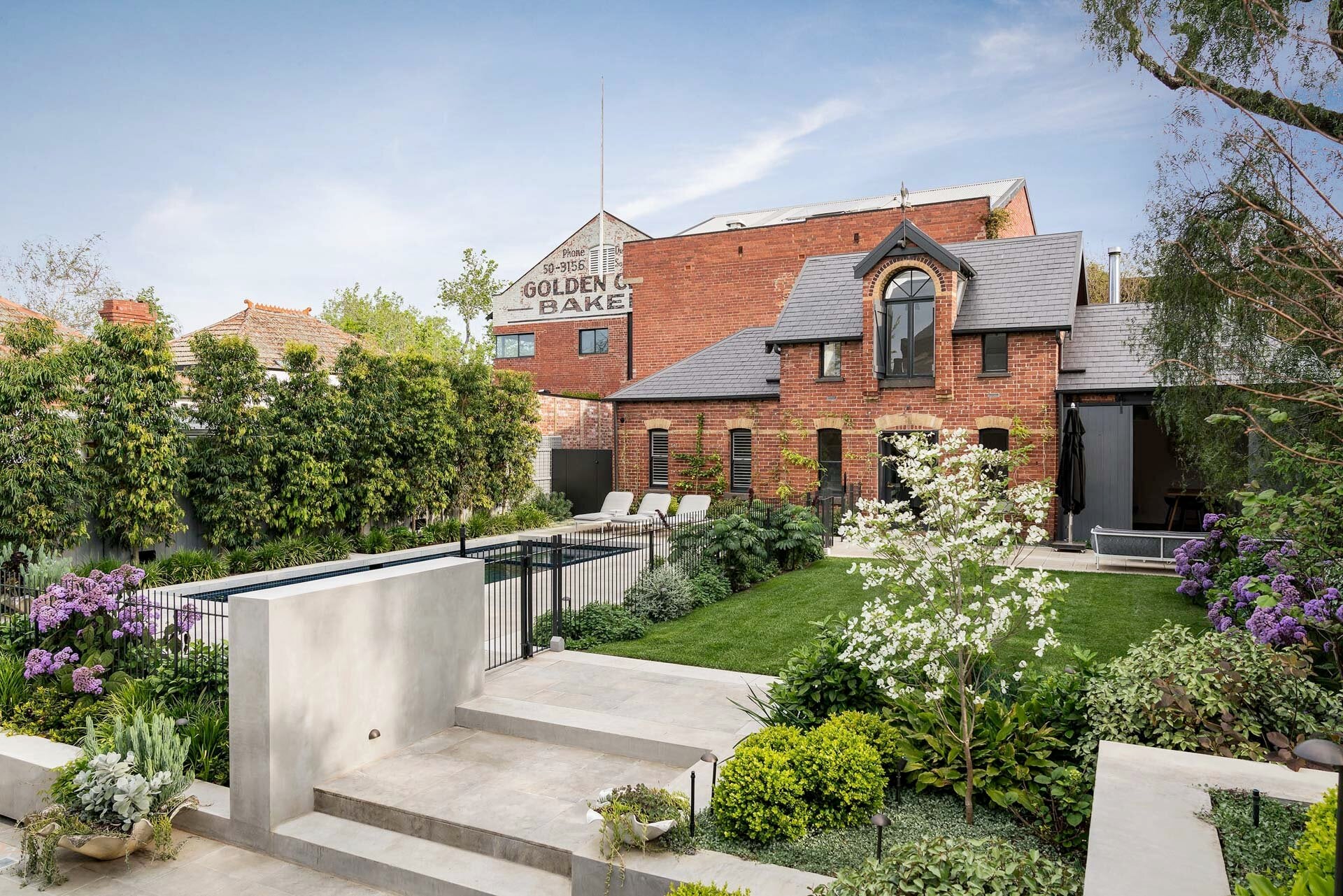
Hedging
Hedging trees are ideal for creating structured, dense...
-
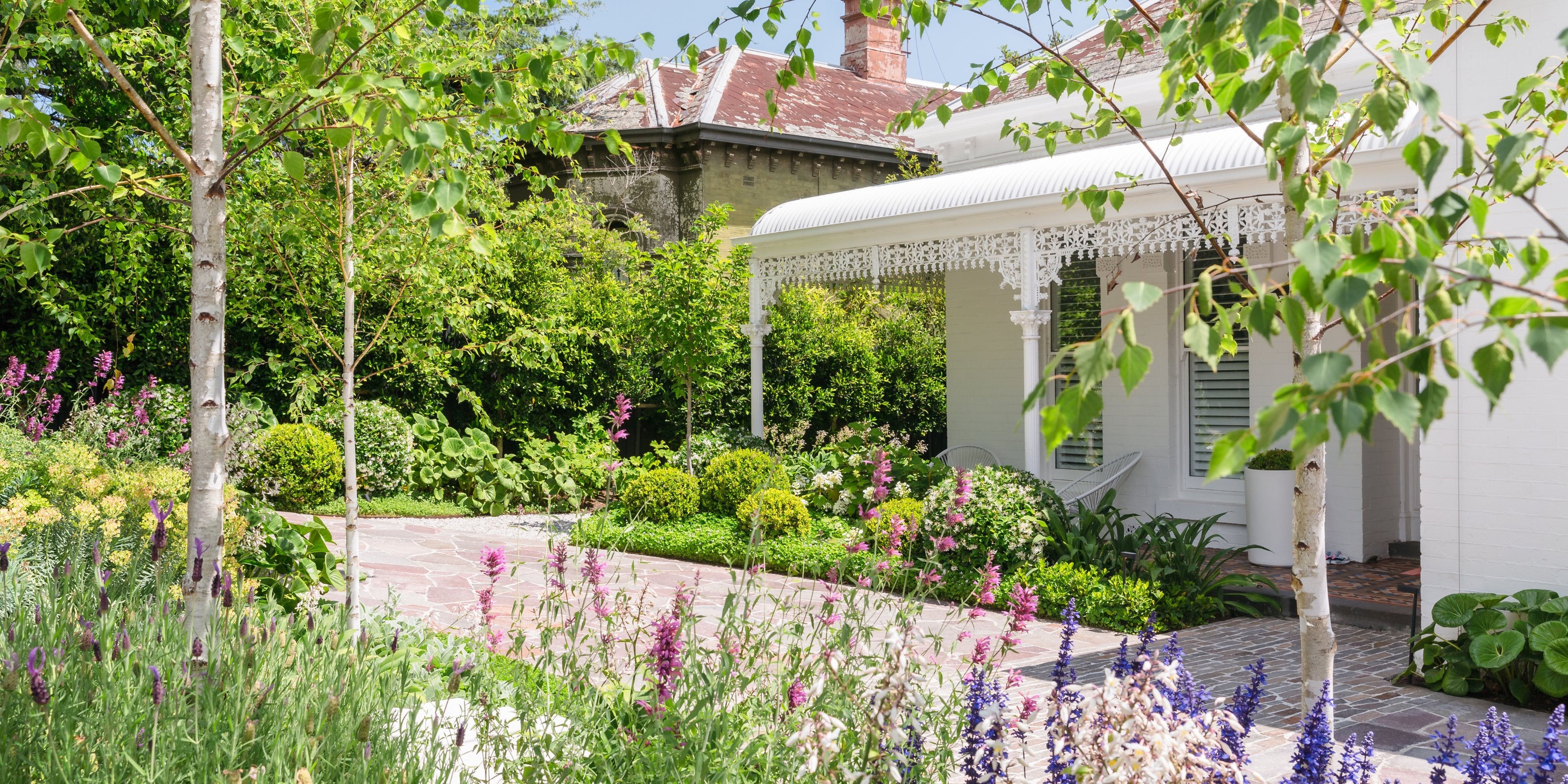
Feature Trees
Feature trees are selected for their unique characteristics...
-
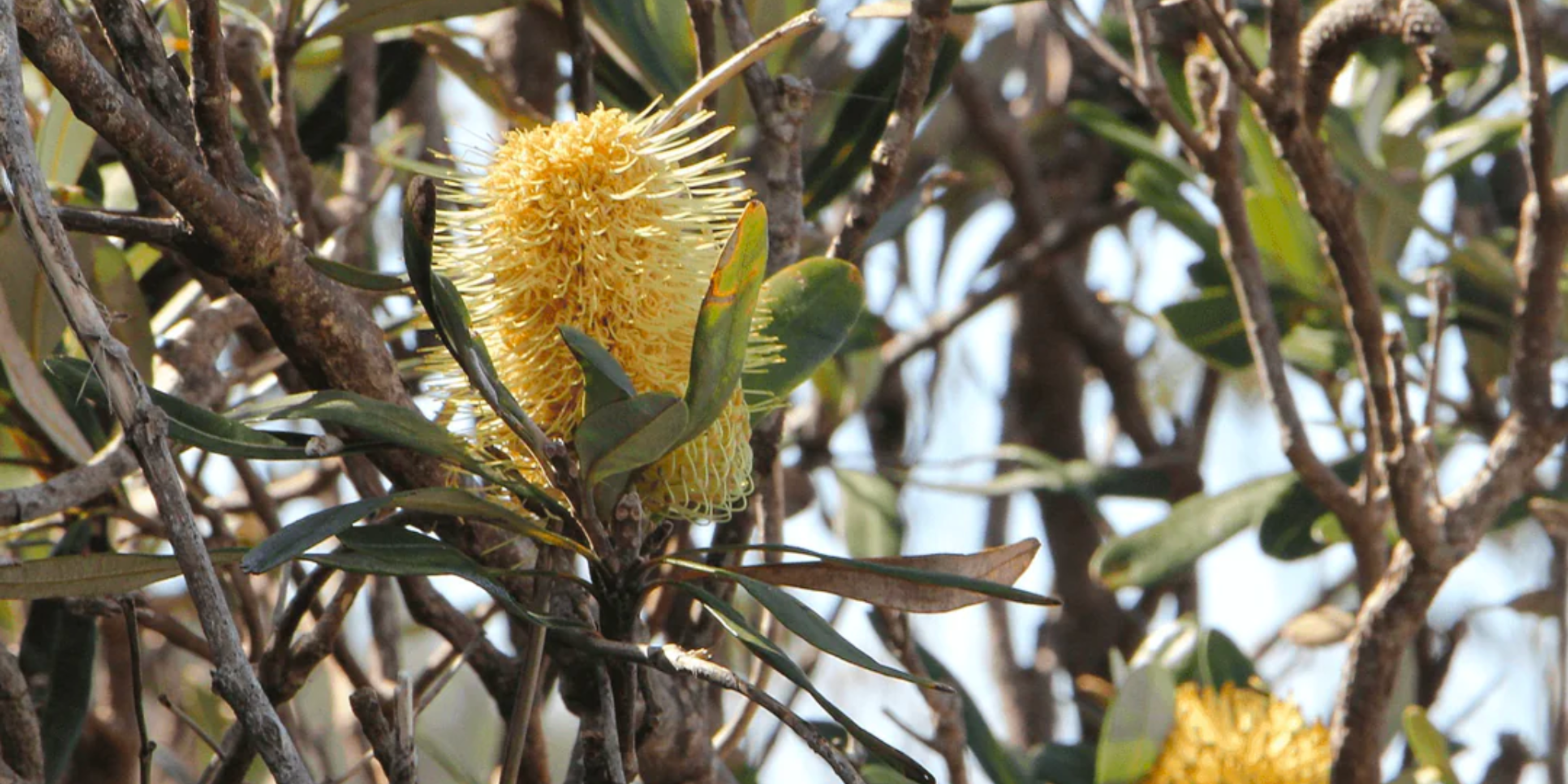
Australian Native
Australian native trees offer a diverse and fascinating...
-
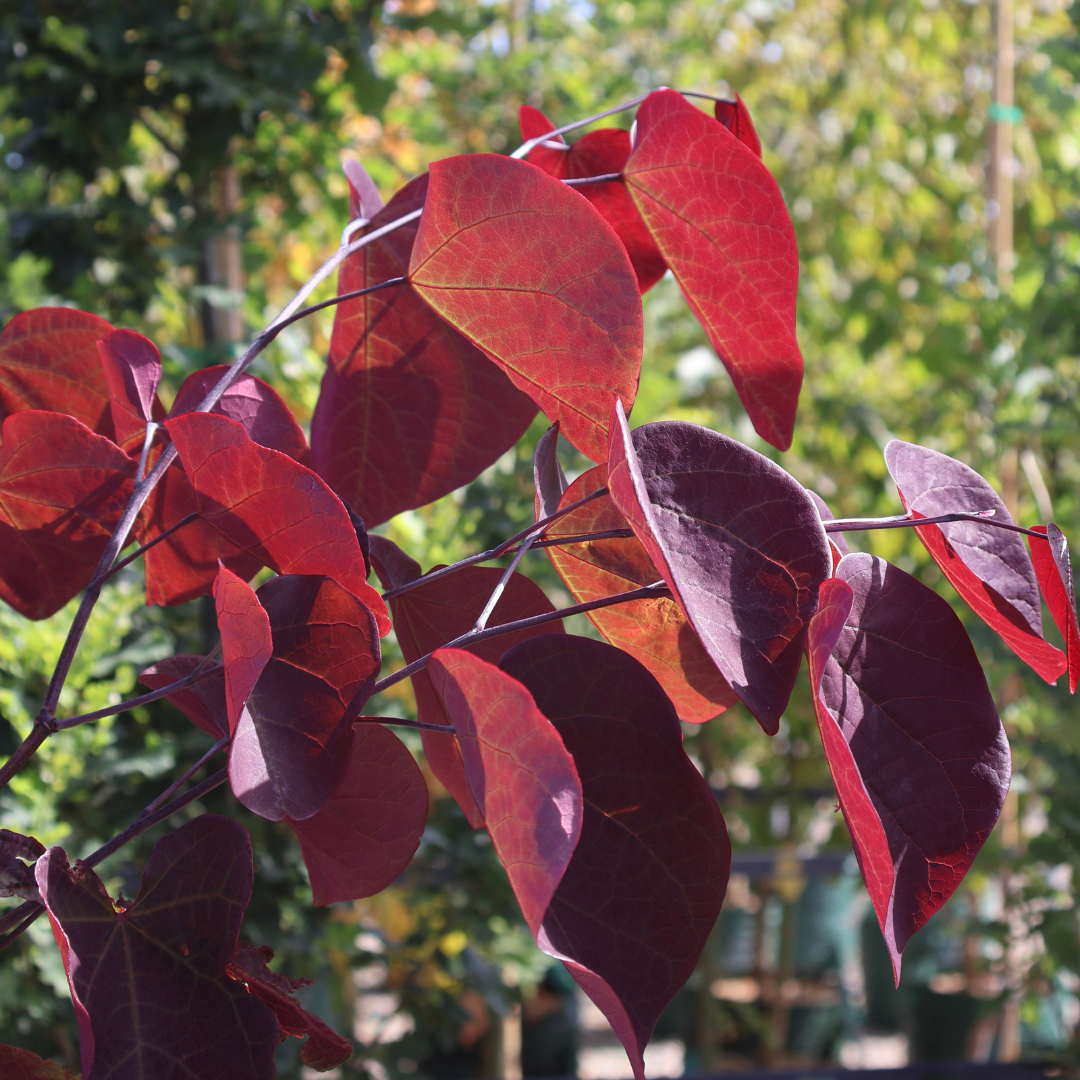
Best Sellers
Discover the best-selling trees for your garden at...
-
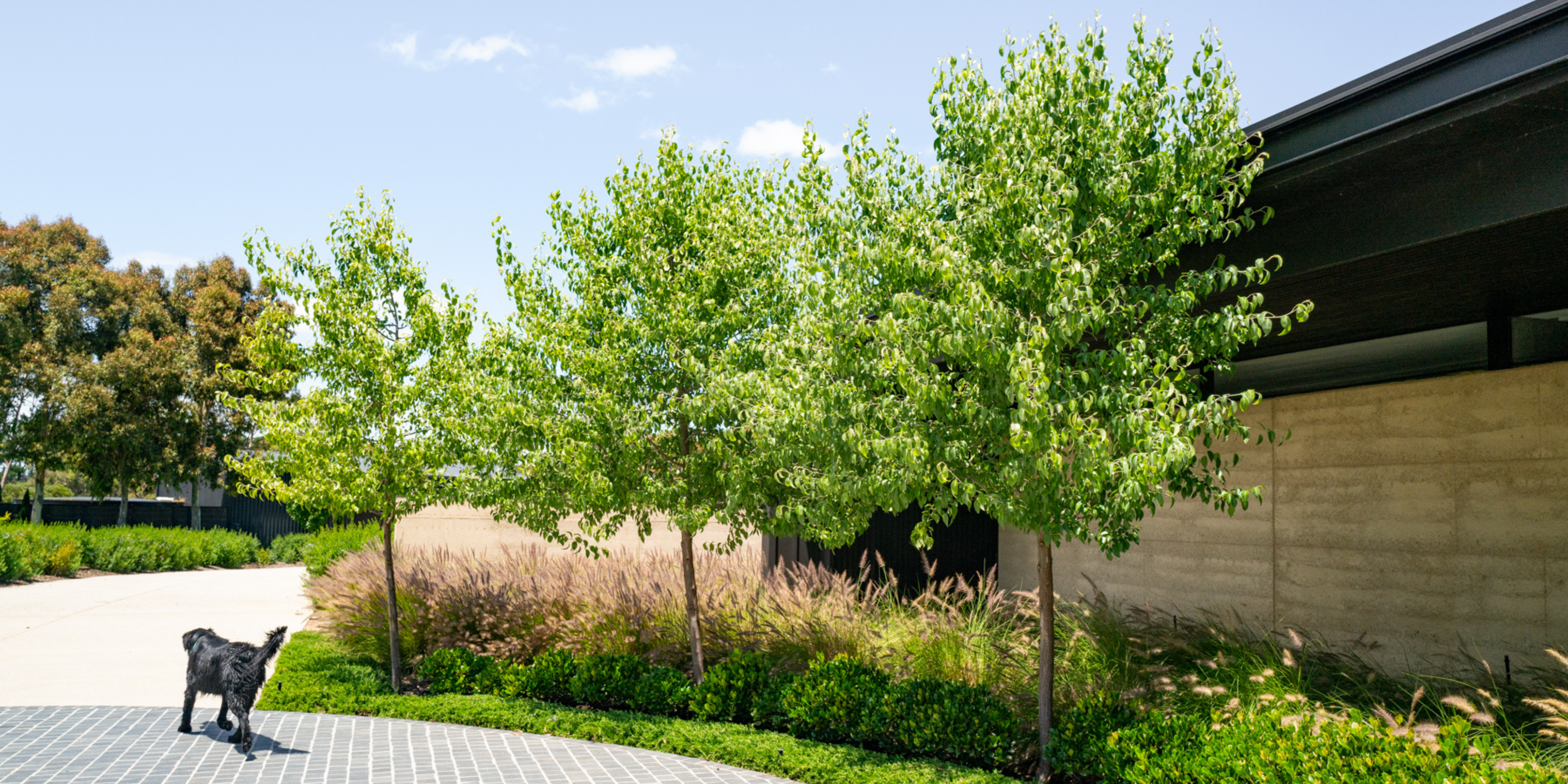
Avenue Planting
These trees are selected for their ability to...
-
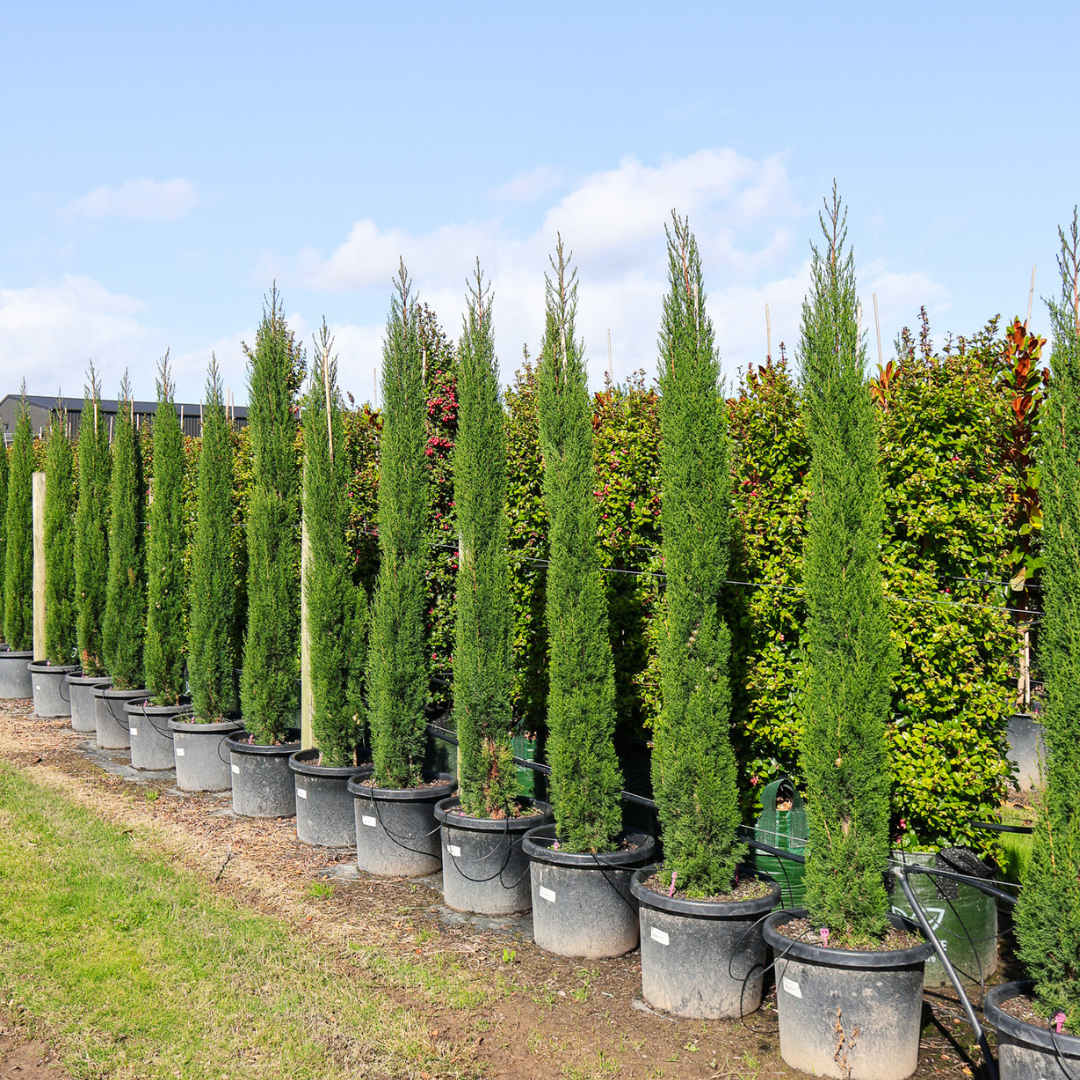
Mediterranean
Our Mediterranean Trees collection features a selection of...
-
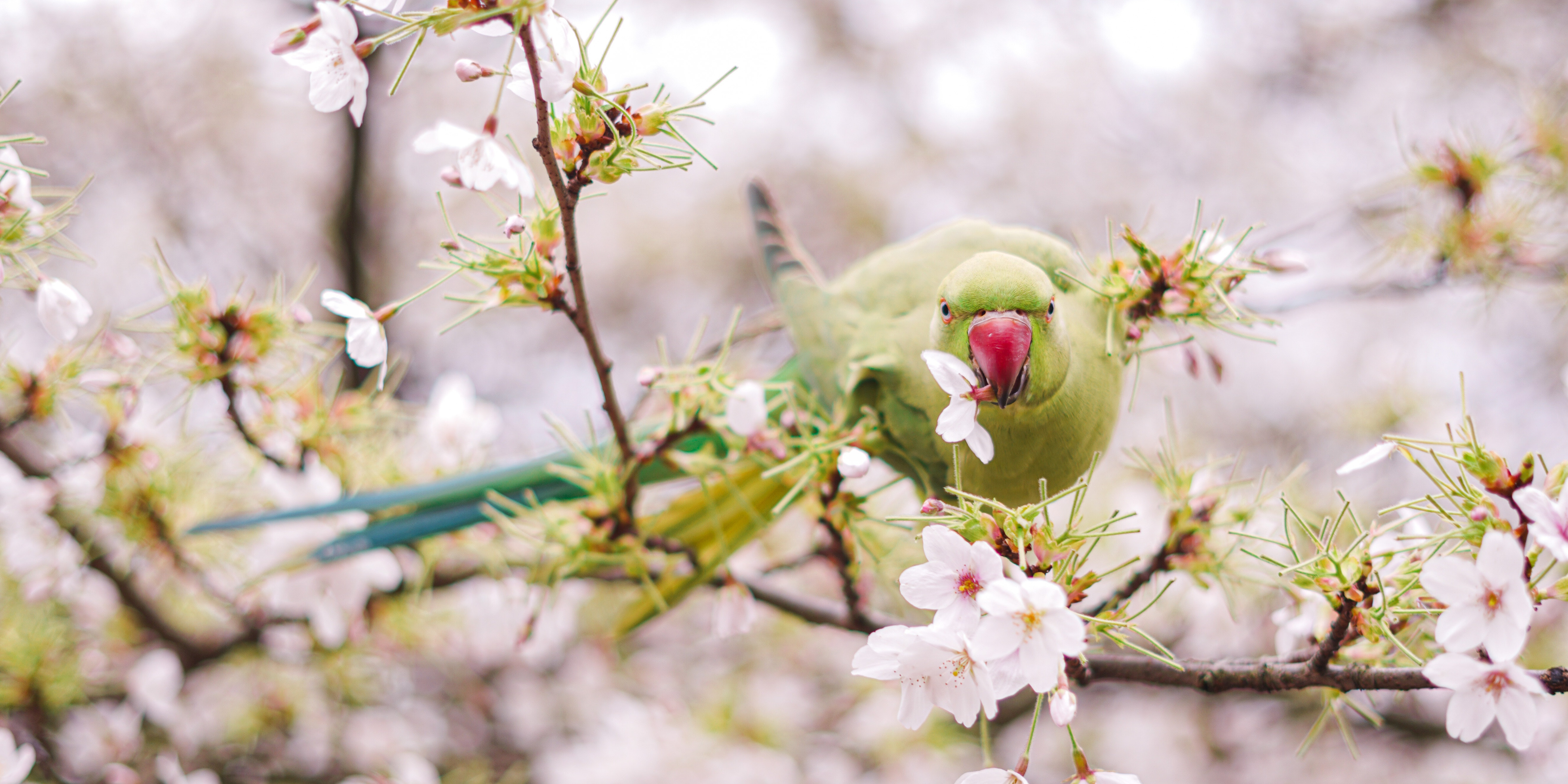
Bird Attracting
Bird Attracting Trees: These trees are specifically chosen...
-
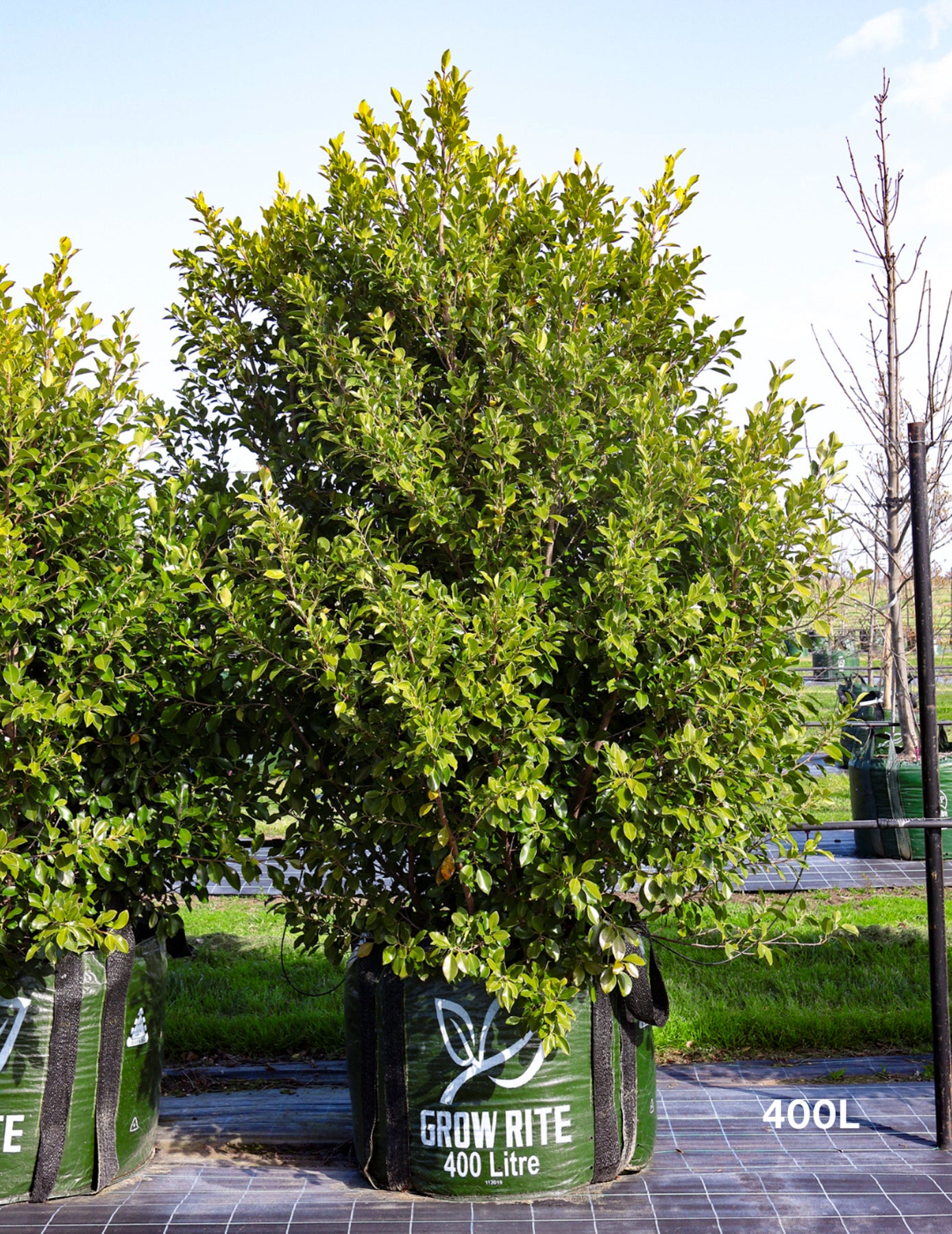
Fast Growing
Discover the best selection of fast-growing trees at...
-
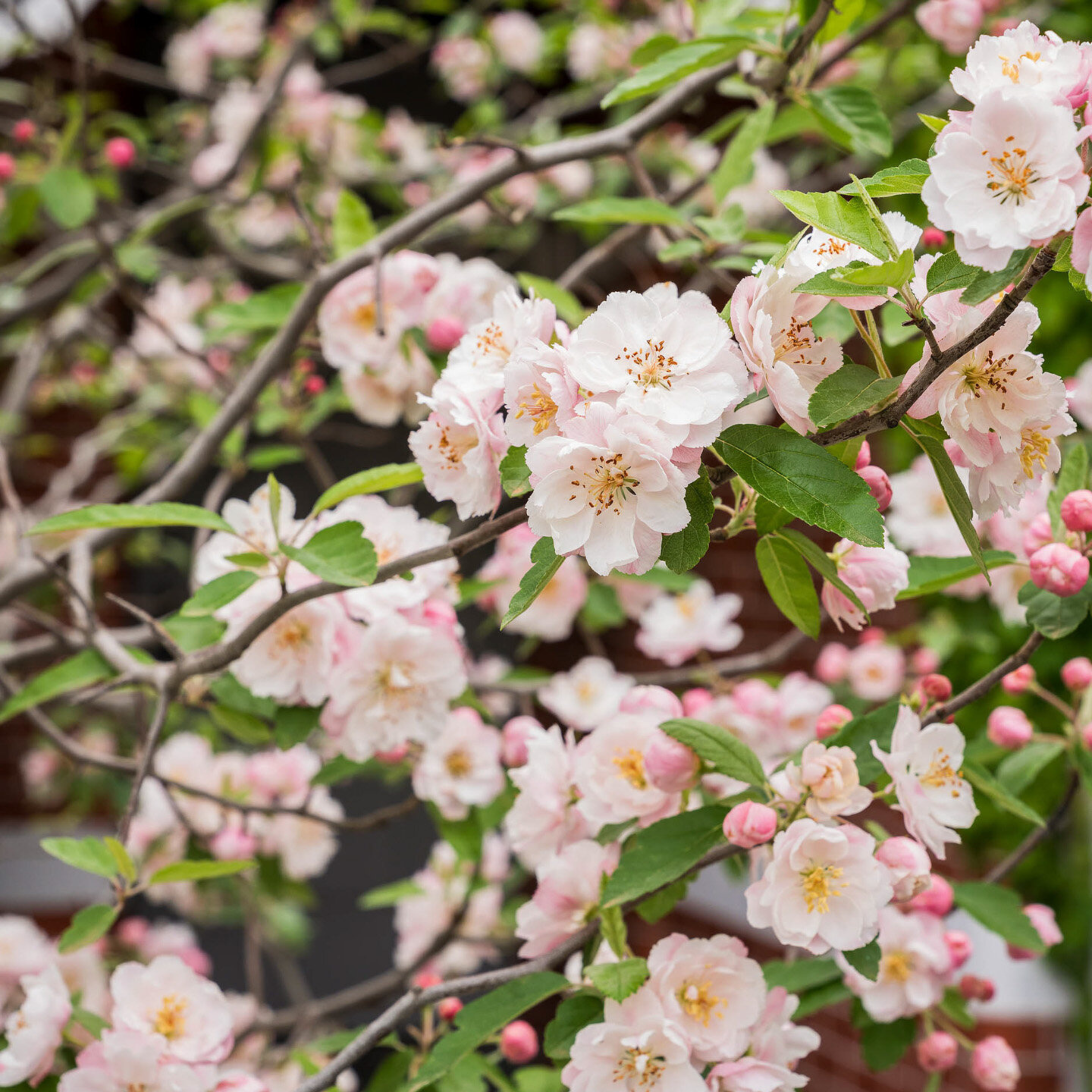
Deciduous Trees
Deciduous trees are a type of tree that...
-
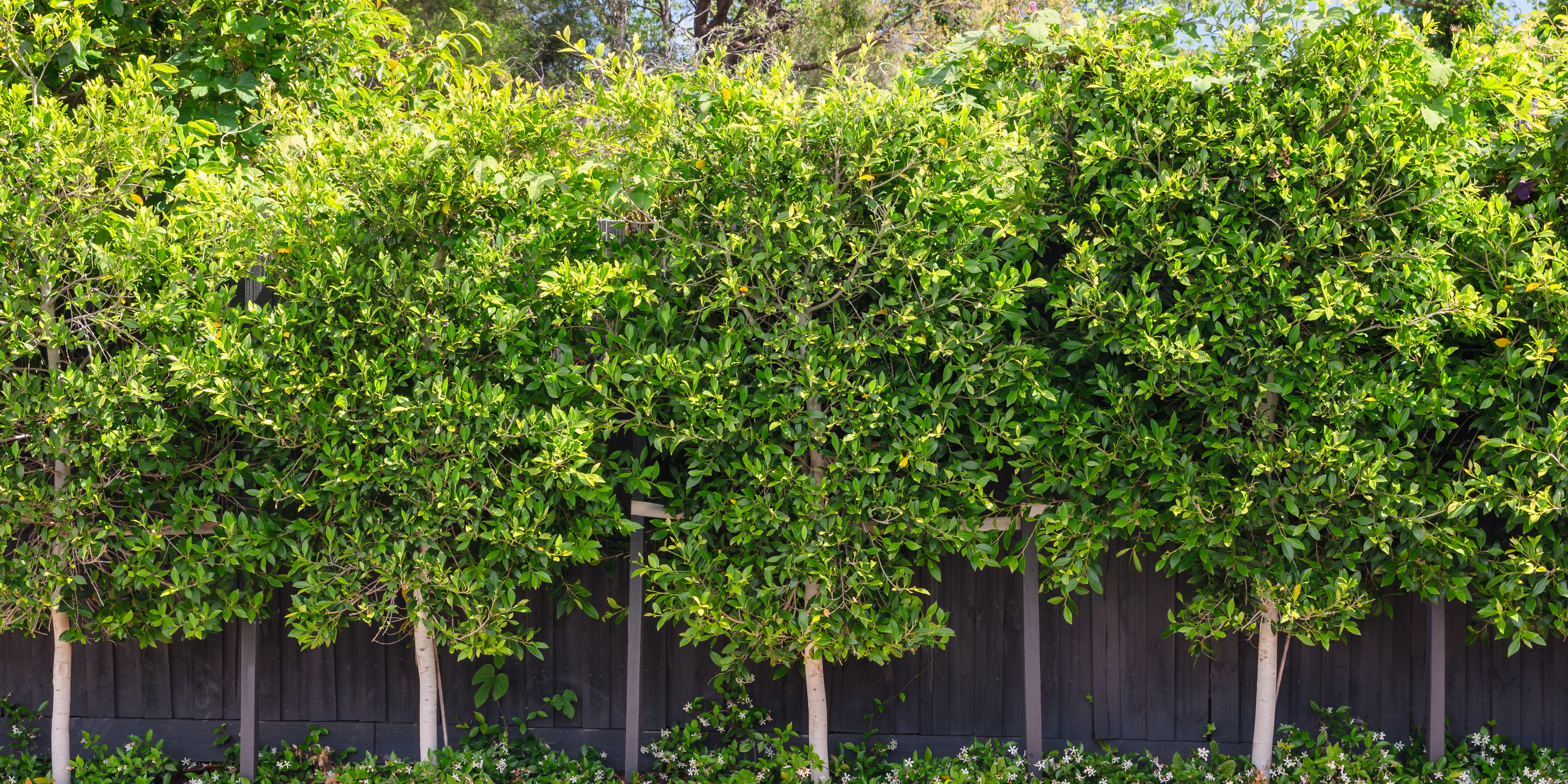
Evergreen Trees
Evergreen trees are a popular choice for landscaping...
-

Lilly Pillies
Lilly Pillies are the perfect choice for dense...
-
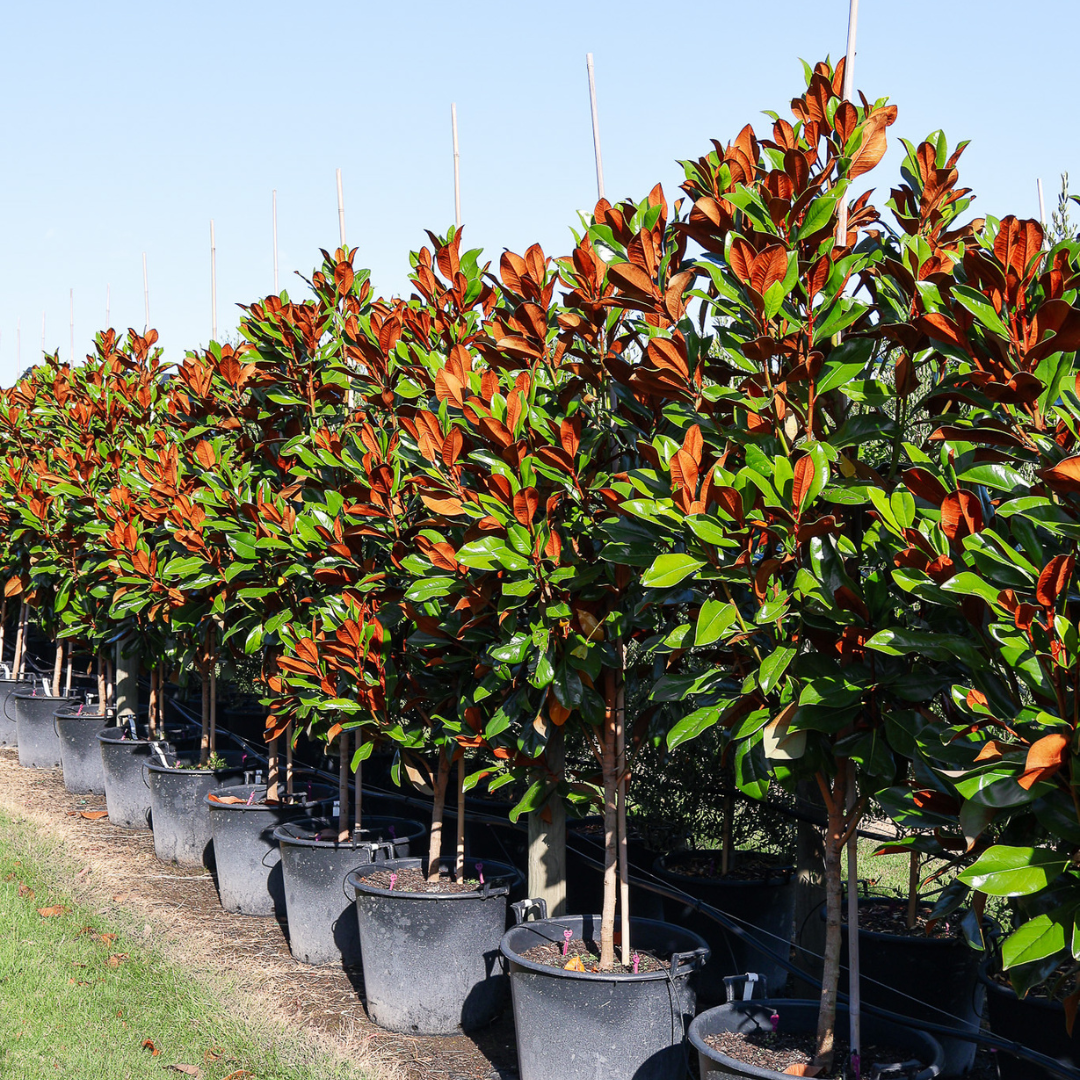
Magnolias
Magnolias are renowned for their stunning, showy flowers...
-
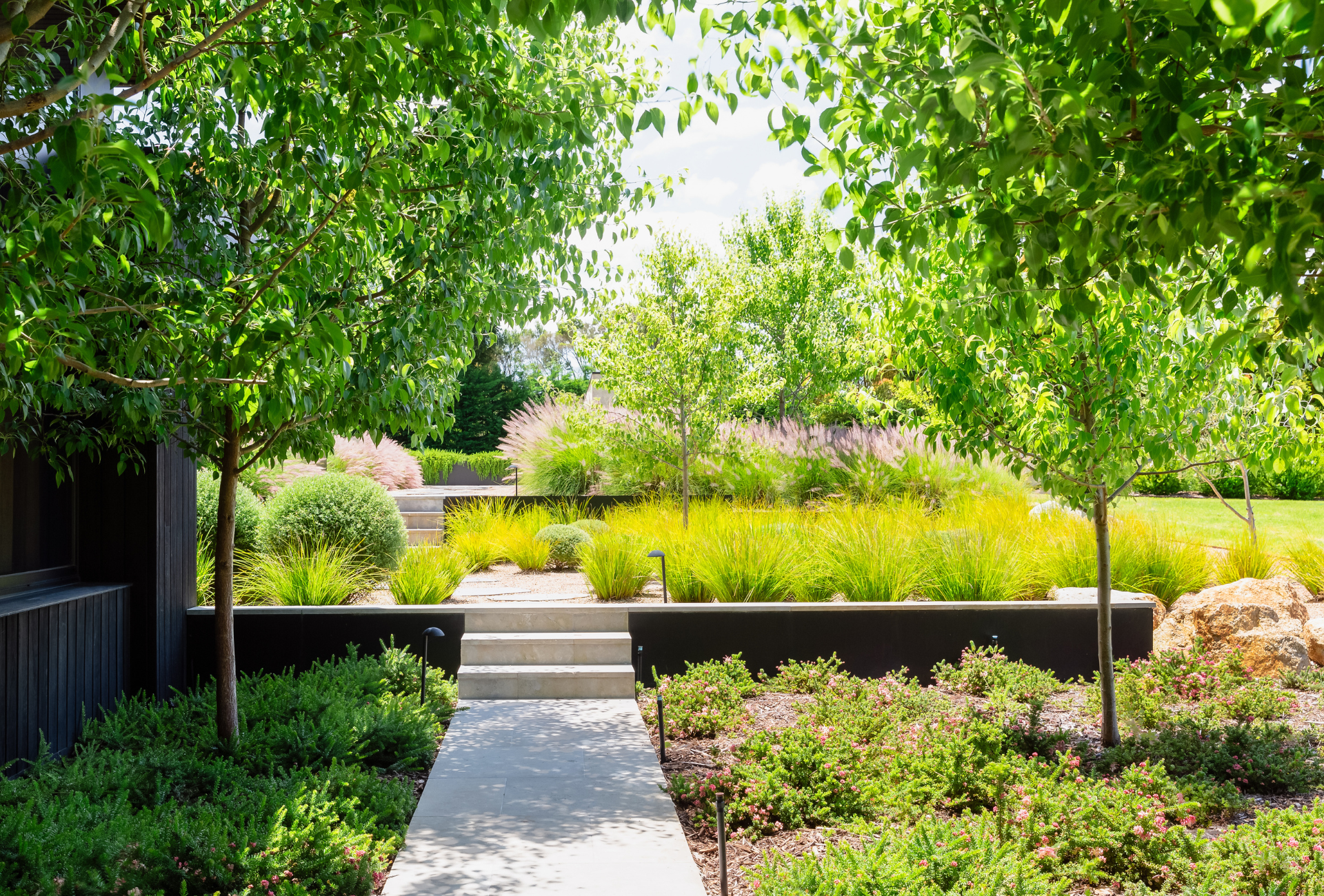
Pear Trees
If you're looking for a plant that's both...
-
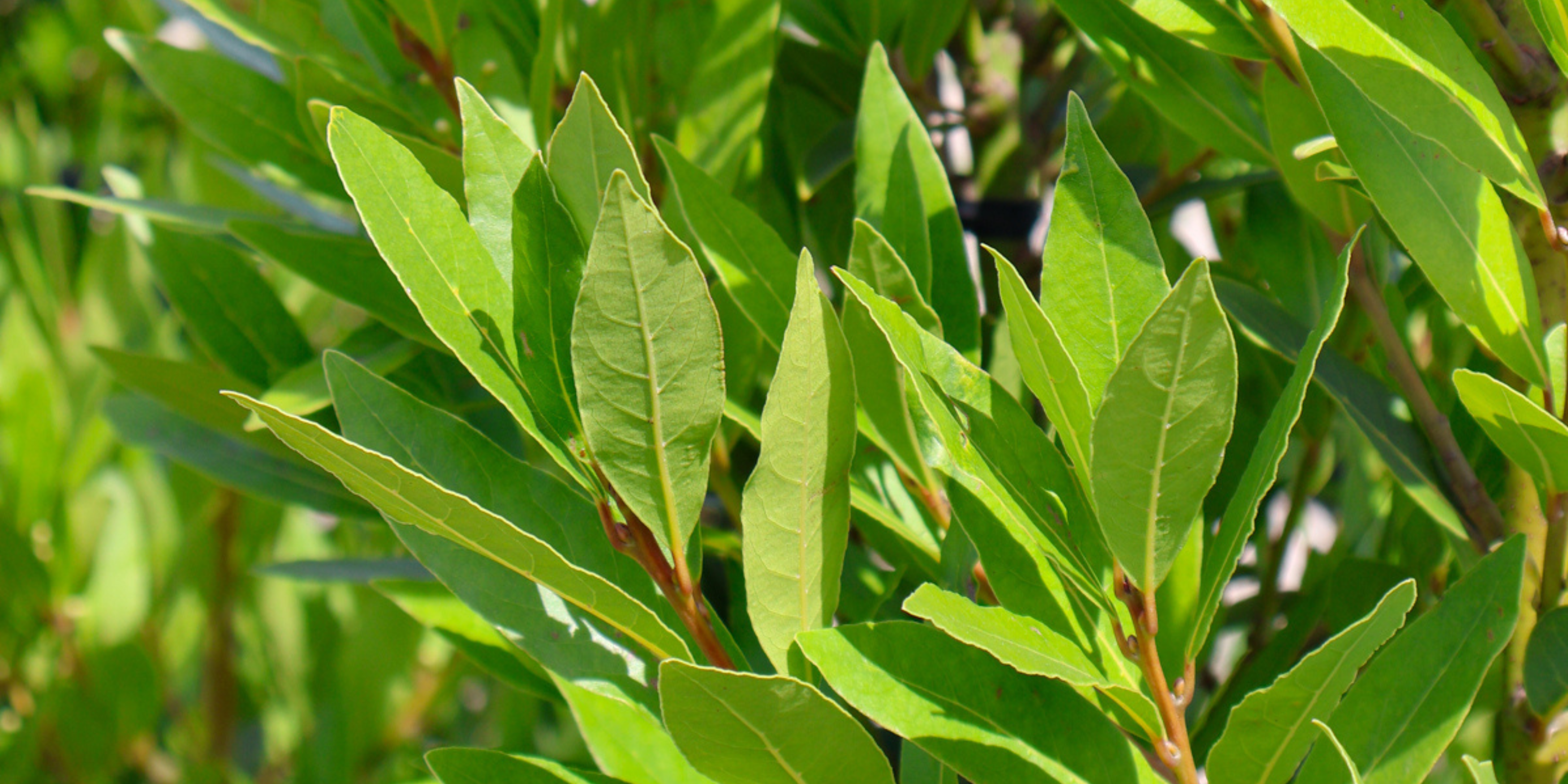
Bay Trees
Native to the Mediterranean region, the Laurus Nobilis,...
Need Assistance For Your Next Project?
Let Us Help.
Evergreen Trees Direct is Australia's unrivaled supplier of the highest quality advanced tree stock. Our extensive supplier network allows us to provide a one-stop shop for all your landscaping needs, no matter how big or small the project. We pride ourselves on exceptional service, ensuring a seamless experience from selection to delivery. Trust us to bring your landscaping vision to life with the perfect trees for any outdoor space. With our unrivaled selection and commitment to service, Evergreen Trees Direct is the top choice for landscapers, property developers, and garden enthusiasts alike.


